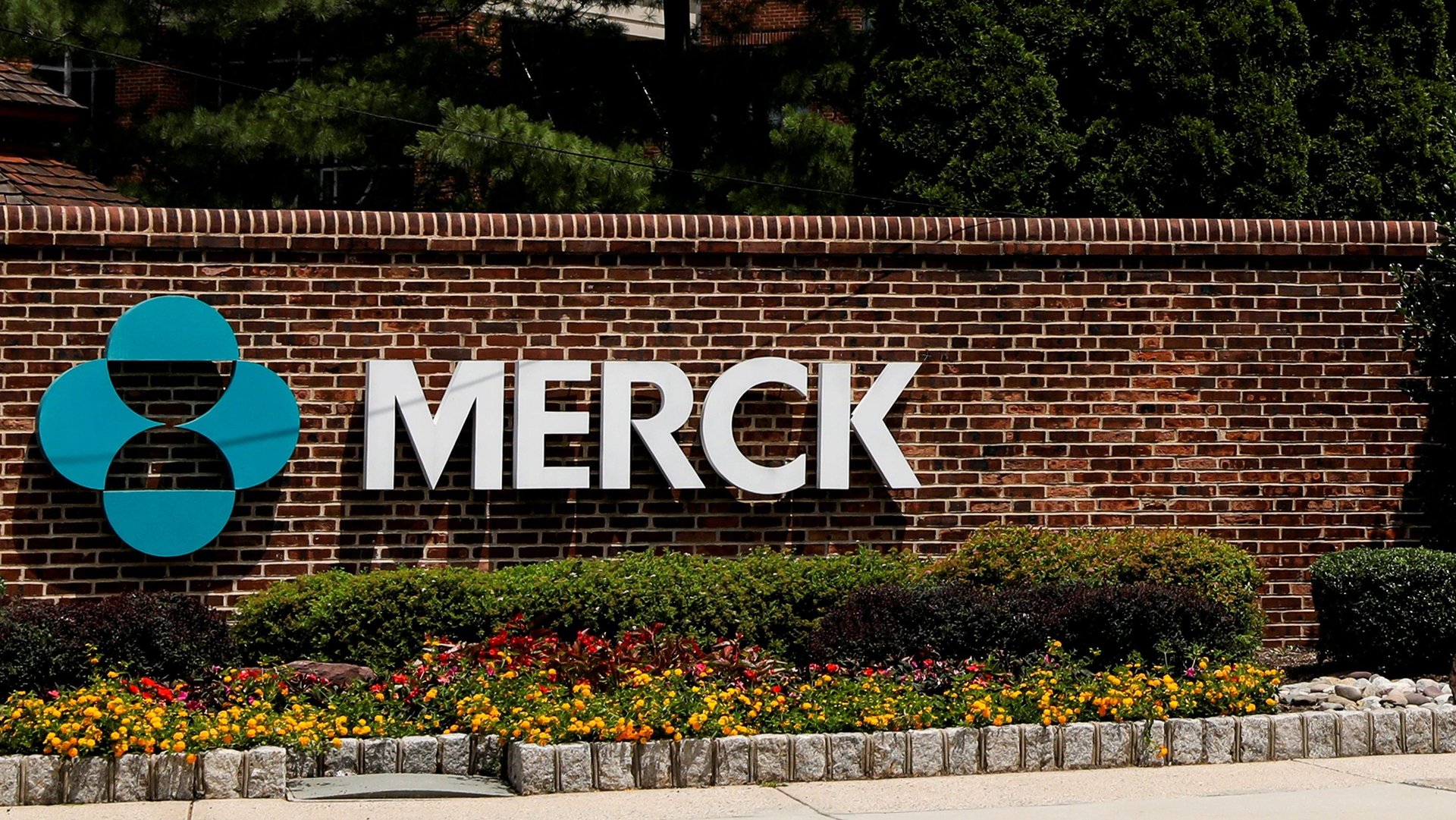Why giving away its covid patents to poor countries is a smart move for Merck
US drugmaker Merck will allow low- and middle-income countries to produce a generic version of molnupiravir, an antiviral drug shown to reduce hospitalization and death in covid-19 patients by 50%.


US drugmaker Merck will allow low- and middle-income countries to produce a generic version of molnupiravir, an antiviral drug shown to reduce hospitalization and death in covid-19 patients by 50%.
The pharmaceutical giant entered an agreement with Medicines Patent Pool (MPP), a United Nations-backed nonprofit which will act as an intermediary and license the patent to generic drug manufacturers outside wealthy countries. According to the agreement, no royalties will be paid to Merck as long as covid-19 remains a pandemic according to the World Health Organization.
This makes Merck stand out in a landscape where other pharmaceutical companies have refused to waive covid-19 patents irrespective of the global need for treatments. And at a time when all drug companies are fighting to improve their reputation, it’s arguably the best way for it to capitalize on molnupiravir.
Merck’s free licensing helps make treatment available in poor countries
Earlier this month, Merck announced it expected molnupiravir pills to be available in the US for about $700 a course per person. This pricing, as well as the convenience of the oral treatment, make it more accessible than antibody cocktails, which require transfusions and cost up to $2,100 per person per treatment.
So far, about 50 companies in low- and middle-income countries have signaled their interest in getting a sublicense to manufacture the drug, which is very inexpensive to produce. According to a report from Harvard, the cost of producing a course of molnupiravir is below $18 in the US, and it would be much cheaper in developing countries where labor and materials cost less.
This would make it affordable even for governments with little resources to invest in covid-19 treatments. MPP doesn’t have pricing requirements for generic manufacturers, it told Quartz, though some independent analyses have suggested the drug might cost as little as $8 per course in low-income countries.
The antiviral’s impact might be limited in countries without strong testing capacity, as the drug is effective in the early stages of the infection and therefore might not reach untested patients in time, but it is nevertheless an important step toward making covid-19 therapeutics available beyond rich countries.
Low-investment, high returns
Waiving the right to charge for molnupiravir patents isn’t that big a sacrifice for Merck, which is already set to make up to $7 billion in revenue from the 10 million courses of treatment it has planned to produce for advanced economies. Low-income markets were never going to be able to afford the drug at its US pricing, so the drugmaker isn’t giving up earnings on par with those it can make in the US or Europe. At the same time it is showing much better ethical behavior than pharma companies such as Moderna, for instance, which has resisted sharing vaccine licensing.
Merck may deem the relatively small profits its giving up as a reasonable price to pay for the goodwill the charitable move will likely generate. Like the rest of Big Pharma, Merck lobbies against bills to lower drug pricing in the US, and providing royalty-free access to covid-19 treatments supports its argument that charging higher prices in the US helps subsidize access to drugs in poor countries.
Further, like most companies developing covid-19 treatments, Merck’s expenses in developing the drug—which was invented by scientists at Emory University and licensed by Ridgeback Biotherapeutics before it was sold to Merck—were publicly subsidized. Not only was the Emory research funded through a $16 million from a grant from the National Institute of Allergy and Infectious Diseases, but the US government signed onto buying $1.2 billion worth of treatments ahead of the drug’s availability.